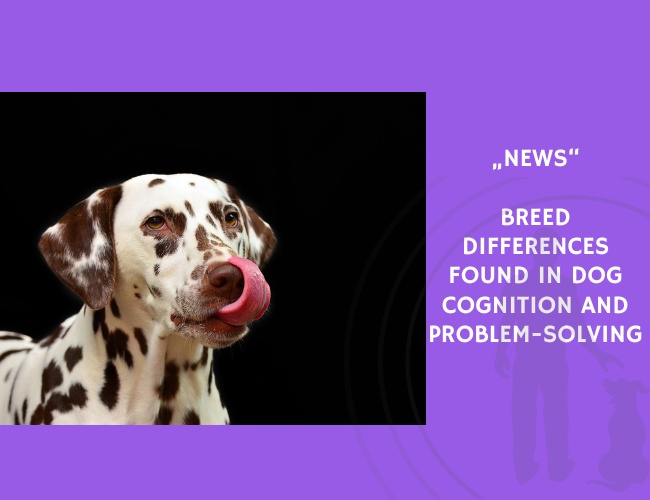Saara Junttila, Anna Valros, Katriina Mäki, Heidi Väätäjä, Eeva Reunanen, and Katriina Tiira (2022) examined cognitive and behavioral traits in 1,002 dogs from 13 breeds. Using a standardized test battery, the researchers assessed social cognition, inhibitory control, spatial problem-solving, memory, and reasoning.
The study revealed clear breed differences in understanding human communicative gestures, resisting misleading cues, and solving spatial detour problems. Inhibitory control, measured through a cylinder test, also varied significantly across breeds. Persistence and human-directed behaviors in an unsolvable task highlighted additional differences.
Interestingly, no significant differences were found in memory or logical reasoning. Breed-specific variations were also evident in activity levels, responses to unfamiliar people, and exploration of new environments. These findings suggest that artificial selection has diversified traits like social cognition, problem-solving, and self-control across breeds, shaping how dogs interact with humans and their surroundings.
This large-scale analysis deepens our understanding of how breed history and selective breeding influence not just physical traits, but also the cognitive abilities and behavioral tendencies of domestic dogs.
Source: Junttila, S., Valros, A., Mäki, K., Väätäjä, H., Reunanen, E., & Tiira, K. (2022). Breed differences in social cognition, inhibitory control, and spatial problem-solving ability in the domestic dog (Canis familiaris). Journal: Scientific Reports, Volume 12. Publication Date: 2022-12-01. Authors: Saara Junttila, Anna Valros, Katriina Mäki, Heidi Väätäjä, Eeva Reunanen, Katriina Tiira. References: 58. Citations: 26.










